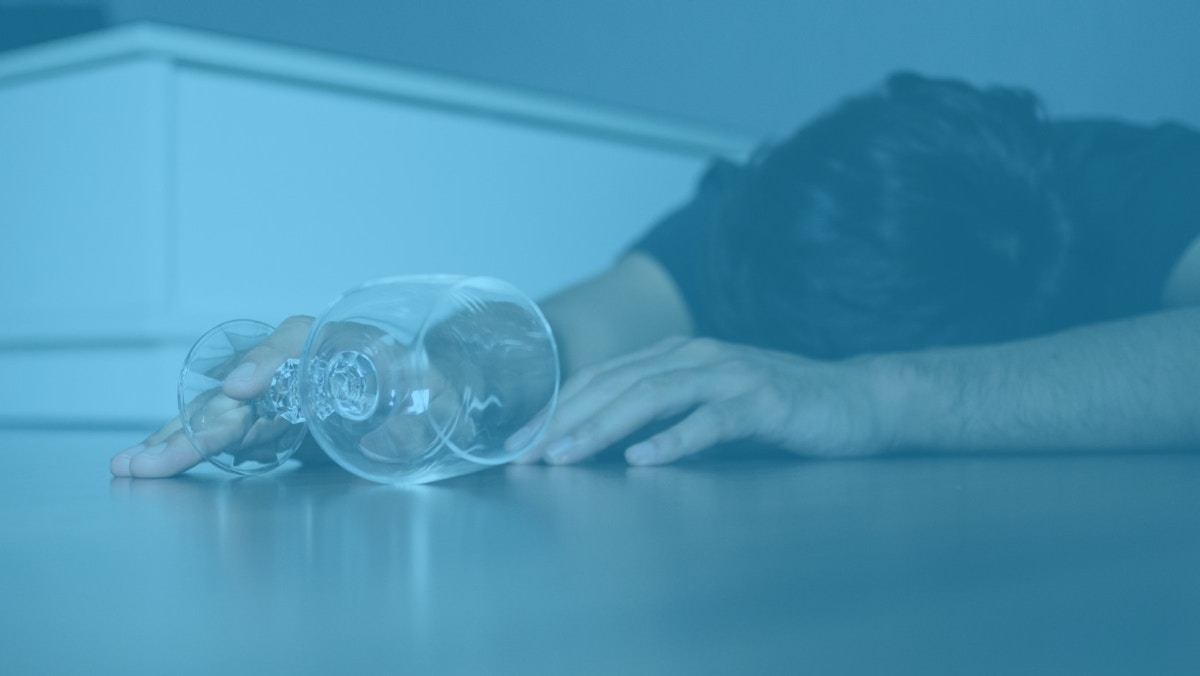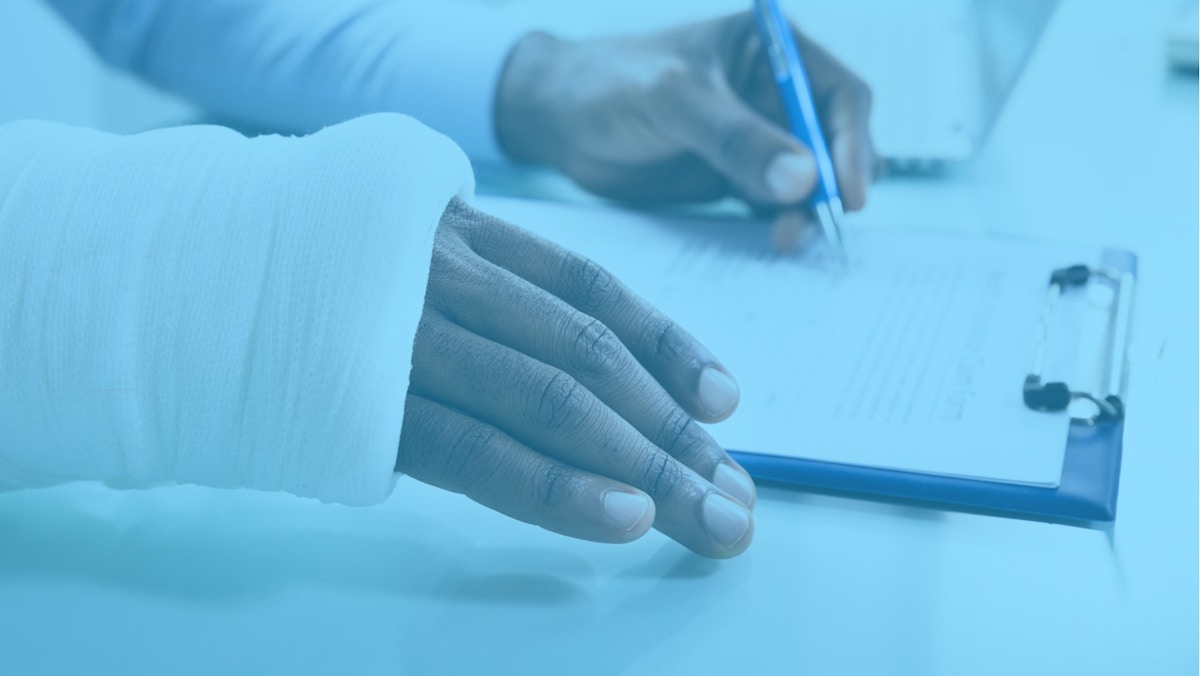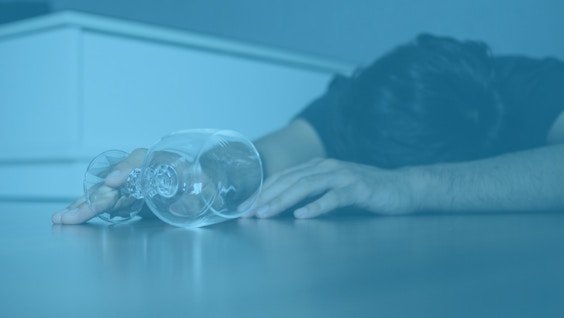I Am Sober is a free app that helps you get some control back in your life.

How to Stop Binge Drinking for Good
Last Updated: Fri, January 19, 2024Binge drinking is among the most common, costly, and deadly patterns of excessive alcohol use in the world. Learn how to stop binge drinking and stay sober.
In this article, we will talk about what binge drinking is, its risks, and how to stop binge drinking.
What Is Binge Drinking?
Binge drinking occurs when you drink enough alcohol raising your blood-alcohol content above the legal limit for driving. That’s about five alcoholic drinks for men, and four for women in less than 2 hours. A drink can be 12 ounces of beer, 5 ounces of wine, or 1.5 ounces of liquor.
About 1 in 6 American adults regularly binge drink. Some do it several times a month. Typically, they consume about seven drinks on these binges.
Adults aged under 35 most likely binge drink than other age groups. Men binge drink twice as women. Those who earn more than $75,000 will most likely binge drink as well.
A lot of people who binge drink don’t experience severe alcohol use disorder. However, binge drinking can be harmful. It can also be associated with an increased risk of alcohol use disorder.
Risks of Binge Drinking
Here are the risks associated with binge drinking:
Injuries
Binge drinking can lead to accidental injuries. These include vehicle crashes, falls, burns, and drowning. Binge drinking can also cause the body temperature to drop to an abnormally low level, especially if the binge drinker goes outside during winter.

Alcohol Poisoning
Alcohol poisoning happens when heavy alcohol use affects the central nervous system and slows down one’s breathing and heart rate.
Moreover, alcohol poisoning can cause someone to get confused, vomit, have a seizure, and/or pass out. It can lead to a medical emergency, brain damage, or even death.
Alcohol Use Disorder
People who often engage in binge drinking will more likely develop a drinking problem. A pattern of alcohol use disorder involves problems controlling drinking, being preoccupied with alcohol, and/or continued alcohol use despite problems.
It also involves drinking more to get the same effect or experiencing withdrawal symptoms when suddenly decreasing or stopping drinking.
Alcoholism
This term is used for a more severe alcohol use disorder. Alcoholism has been known by a variety of terms, including alcohol dependence.
How to Stop Binge Drinking in 5 Steps
Binge drinking can be harmful and in some cases, deadly. here’s how to stop binge drinking:
1. Make a plan and write it down.
Write down all the reasons why you need to slow down or quit drinking alcohol. You need to note the possible consequences of continuing the behavior.
For instance, binge drinking can result in alcohol poisoning, vehicle accidents, arrests, financial problems, and health problems.
After doing this, review your list often. Do this especially if you feel tempted to drink. Keep track of how much you drink if you’re slowing down.
Having a diary or journal stating where you are, the people you’re with, and the emotions you feel when drinking also helps you understand your triggers. It also helps you avoid drinking mindlessly.
2. Change your environment.
Oftentimes, triggers can lead to binge drinking. These include places, people, and events.
So, while working on your drinking behavior, you need to avoid bars, parties, or other activities that center around excessive drinking.
You also have to avoid spending time with people or groups who drink alcohol for fun. If possible, permanently avoid these potential triggers.
When you go to a bar or party, don’t play drinking games. Games can cause you to drink too much or too fast. You may not realize how much you already consumed.
If drinking can’t be avoided, limit yourself to one drink or less. You can also choose non-alcoholic drinks over alcoholic ones.
3. Rely on family and friends for support.
Confide with people who support your desire to cut back or abstain from alcohol. Remember, those who drink little or no alcohol at all don’t rely on alcohol to have a good time.
These people can act as your accountability buddies. They can help you keep track of your desire to binge drink.
Have someone you can call at any hour. This person can help you through cravings or triggers. If you need to attend an event where there will be alcohol, take a trusted support person with you.
4. Participate in specialist treatment.
You can stop binge drinking using a personalized treatment plan. The treatment plan must be made by a specialist based on your needs and circumstances.
Through working with a specialist, you ensure that the care you receive will be as effective as possible.
5. Find a support group.
It’s important to keep in mind that you're not alone in your journey. Finding a suitable support group in your area is recommended.
Support groups like Alcoholics Anonymous (AA) lets you share your experiences and gain strength from others. You can also receive ongoing support from your peers in the group.
Conclusion
Binge drinking is common among adults. Some teens binge drink as well. If you or your loved one wants to know how to stop binge drinking, contact a professional. Using a sobriety app also helps.
I Am Sober is a free app that helps you get some control back in your life.




